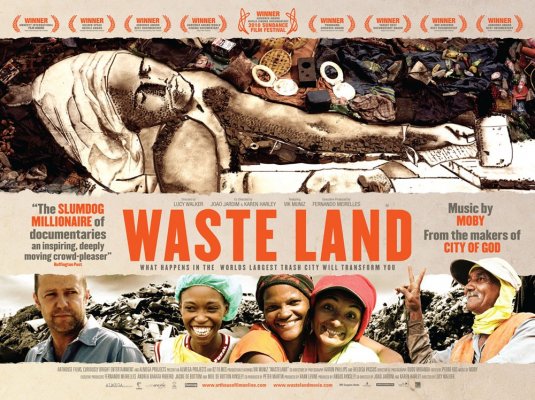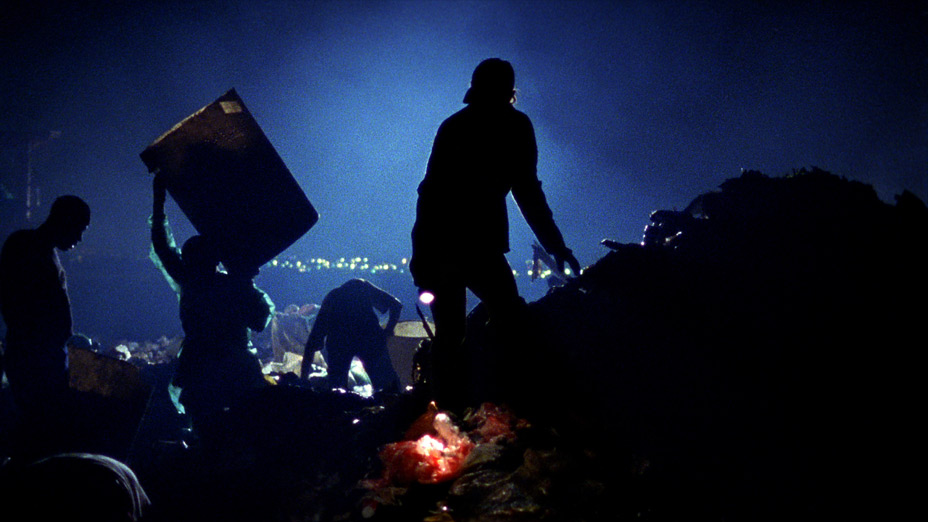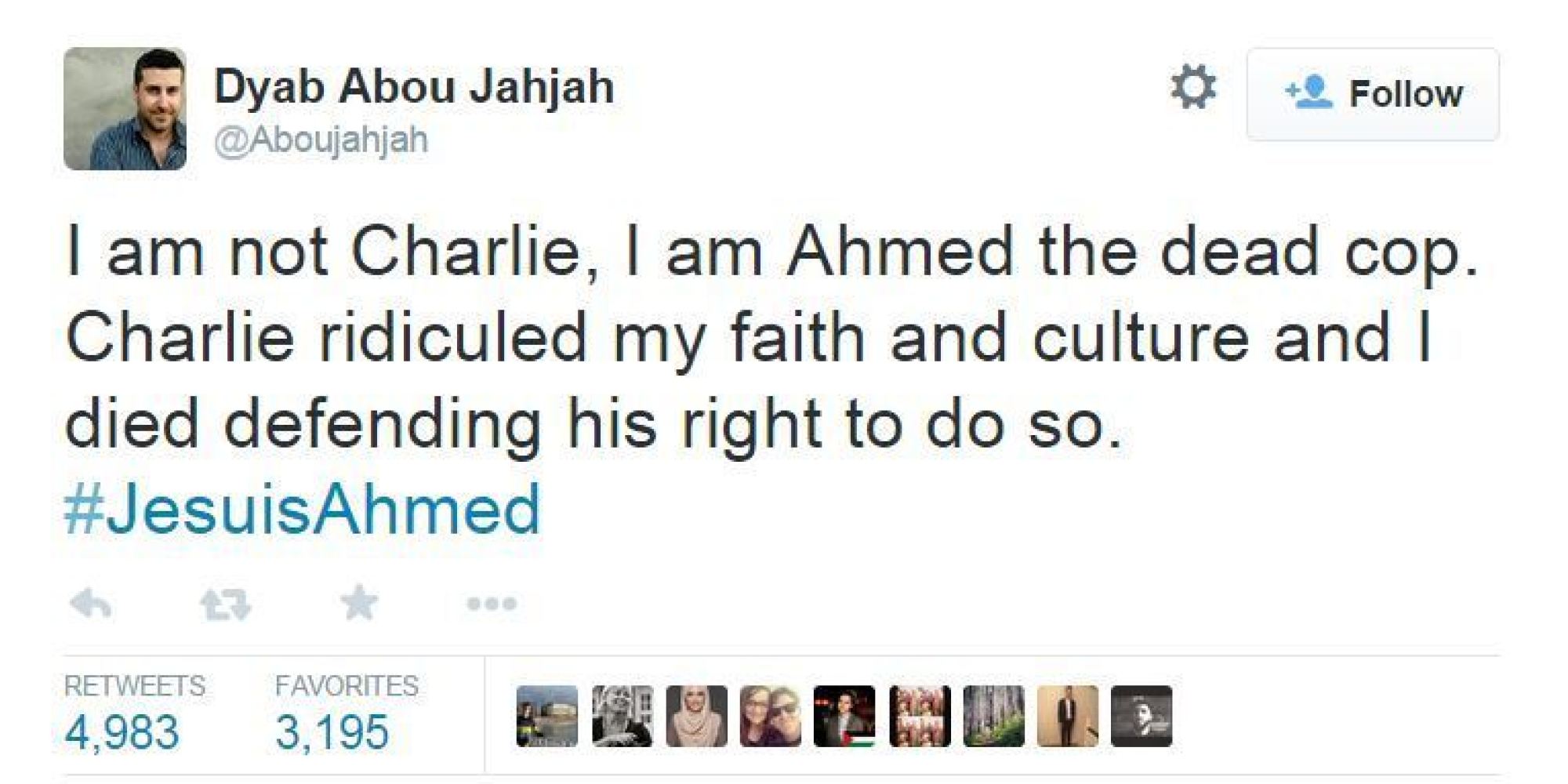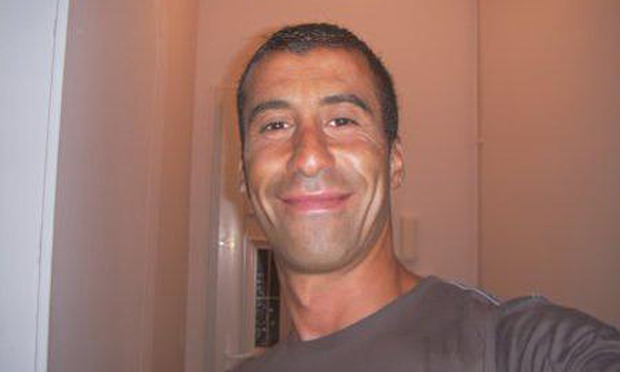 |
This is what hook-up culture is, and you'll find it in virtually all college campuses across the country.
I won't lie to you, the idea of this sort sexual liberation with no strings attached seems pretty appealing. What's better than having someone make you feel great without any commitments to go along with it? Many people feel that its incredibly liberating for themselves and their bodies.
In older generations, we women were told not having sexual desires made us pure and innocent as we were supposed to be. If we desired sex, as it is normal to at our age, we were seen as dirty, whorish, and whatnot. In the 60's, when third-wave feminism really took hold, we decided fuck that, we have desires too, we wanted control of our bodies and wanted to explore ourselves as it was okay for men to do for so long. And from there we decided that sex with no-strings-attached and one-night-stands were liberating for us.
But, when we take a step back and really look at the effects of this ever-growing culture among us young people, is it really liberating? And is it something we as feminists should be advocating for, or begin to concern ourselves about?
Listen, I am all for sexual empowerment and taking control of our bodies. Our virginity doesn't define us (in fact, it's a social construct). We have desires too, and we want to act on those desires in a healthy and positive way, in which everyone is consenting.
But it seems all the wrong things are pushing us to engage in this new culture of sex, and the hook ups we have been demanding and wanting more and more of, have devalued something that should be far more important to us: love & well-meaning relationships. Not only that, but it seems hookup culture has led to the hyper-sexualization of society as a whole, where women have been reduced to sex objects, and not people to build meaningful friendships & relationships with.
In 2011, 92% of Billboards top hits were about sex. Male singers' lyrics were about convincing a girl to have sex with her, and female singers' were about being sexy enough to seduce men. The media in general nowadays has become ever-more sexually explicit, with films like Friends With Benefits and No Strings Attached being released within the past 5 years, and with an over-sexualized media, casual sex becomes the norm in everyday life.
Many well-known feminists have argued in defense of hook-up culture as stated earlier, but when women were asked whether they preferred dating to hook-ups, an overwhelming majority said they did, and not only that, but it was becoming more and more difficult to find men who didn't only want to use them for sex.
There is simply no affection in hook-ups. Men don't care to please the women they're with, and as a result a staggering amount of women don't ever orgasm during hook-ups and don't even feel any pleasure at all. Hook-up culture is even proven to eventually lead to rape, where men will go to parties expecting to be laid, and sometimes wanting to have sex so desperately, that they rape a woman who has not consented. There are also times when men will be so used to hooking up with so many different women, that consent is not a priority for them. The drastic increase in rape of women over the past 50 years is by no doubt an effect of hook up culture.
When we hear about all the enjoyment and excitement about how hookup culture is this new way of empowering ourselves and moving away from outdated traditions, it seems as a great, forward thinking approach. But if we take a step back and further analyze the culture as a whole, we might in fact realize that these habits are just as harmful and detrimental to society as the outdated traditions we feel so strongly against.
So I am encouraging my fellow feminists to do just that. Analyze the situation and look at the culture as a whole. Maybe we will realize that this culture we have been pushing as revolutionary and empowering just simply might no longer be empowering for us at all.
In older generations, we women were told not having sexual desires made us pure and innocent as we were supposed to be. If we desired sex, as it is normal to at our age, we were seen as dirty, whorish, and whatnot. In the 60's, when third-wave feminism really took hold, we decided fuck that, we have desires too, we wanted control of our bodies and wanted to explore ourselves as it was okay for men to do for so long. And from there we decided that sex with no-strings-attached and one-night-stands were liberating for us.
But, when we take a step back and really look at the effects of this ever-growing culture among us young people, is it really liberating? And is it something we as feminists should be advocating for, or begin to concern ourselves about?
Listen, I am all for sexual empowerment and taking control of our bodies. Our virginity doesn't define us (in fact, it's a social construct). We have desires too, and we want to act on those desires in a healthy and positive way, in which everyone is consenting.
But it seems all the wrong things are pushing us to engage in this new culture of sex, and the hook ups we have been demanding and wanting more and more of, have devalued something that should be far more important to us: love & well-meaning relationships. Not only that, but it seems hookup culture has led to the hyper-sexualization of society as a whole, where women have been reduced to sex objects, and not people to build meaningful friendships & relationships with.
In 2011, 92% of Billboards top hits were about sex. Male singers' lyrics were about convincing a girl to have sex with her, and female singers' were about being sexy enough to seduce men. The media in general nowadays has become ever-more sexually explicit, with films like Friends With Benefits and No Strings Attached being released within the past 5 years, and with an over-sexualized media, casual sex becomes the norm in everyday life.
Many well-known feminists have argued in defense of hook-up culture as stated earlier, but when women were asked whether they preferred dating to hook-ups, an overwhelming majority said they did, and not only that, but it was becoming more and more difficult to find men who didn't only want to use them for sex.
There is simply no affection in hook-ups. Men don't care to please the women they're with, and as a result a staggering amount of women don't ever orgasm during hook-ups and don't even feel any pleasure at all. Hook-up culture is even proven to eventually lead to rape, where men will go to parties expecting to be laid, and sometimes wanting to have sex so desperately, that they rape a woman who has not consented. There are also times when men will be so used to hooking up with so many different women, that consent is not a priority for them. The drastic increase in rape of women over the past 50 years is by no doubt an effect of hook up culture.
When we hear about all the enjoyment and excitement about how hookup culture is this new way of empowering ourselves and moving away from outdated traditions, it seems as a great, forward thinking approach. But if we take a step back and further analyze the culture as a whole, we might in fact realize that these habits are just as harmful and detrimental to society as the outdated traditions we feel so strongly against.
So I am encouraging my fellow feminists to do just that. Analyze the situation and look at the culture as a whole. Maybe we will realize that this culture we have been pushing as revolutionary and empowering just simply might no longer be empowering for us at all.





























